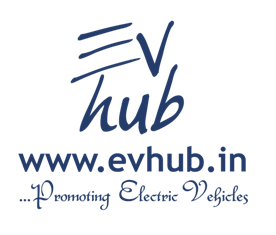IRVING -- Electric vehicles are coming to Texas soon, and along with them a vastly different experience in buying, owning and driving a new car.
With two automakers preparing to roll out the first mass-market, plug-in electric autos this year, the auto industry, retail electricity providers and government agencies are moving to make it easier for consumers to embrace the environmentally friendly technology.
Speakers at an electric-vehicle conference here said the looming introductions of the Chevrolet Volt and Nissan Leaf, which their manufacturers say will be delivered this year, are the vanguard of a movement that has enormous promise for Texas drivers living in pollution-plagued urban areas.
The basic technology to make electric vehicles practical "is already here today," and Texas is the perfect market for it, said Robert Nelms, director of the Institute for Intelligent Energy Systems at the University of Texas at Dallas.
Chevrolet says it will begin delivering the Volt, an electric car with a backup gasoline-powered generator, to buyers around December. Nissan plans to begin deliveries of its all-electric, 100-mile-range hatchback to the first U.S. buyers by year's end.
"We could see a significant [market] penetration of all-electric vehicles over the next decade," especially as the technology improves and consumers learn about it and become comfortable with the concepts, Nelms said.


